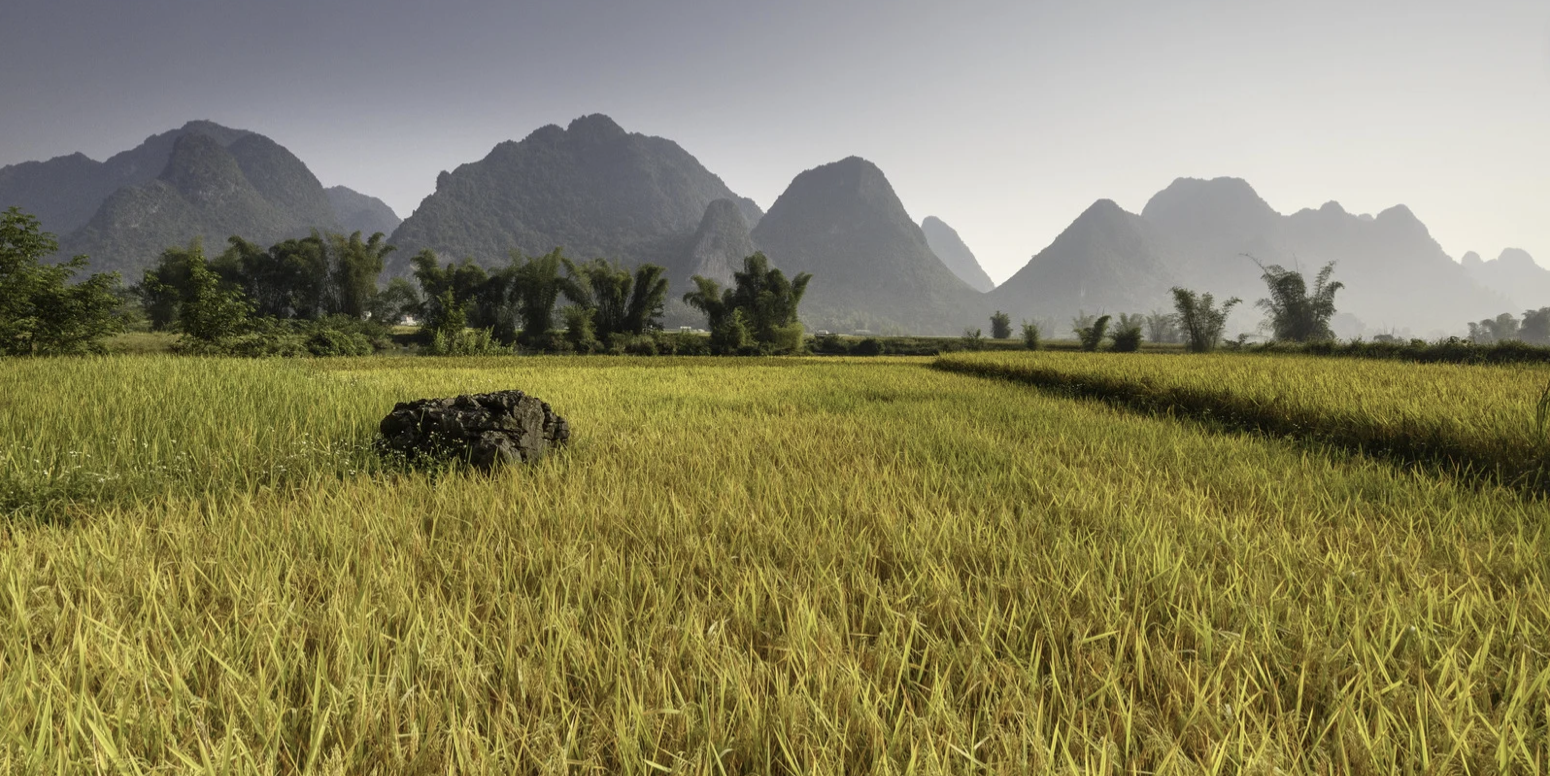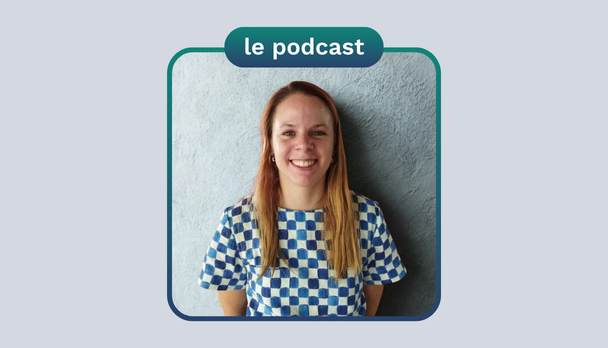
Faced with the environmental and societal challenges facing our world, some people want to reinvent their way of life to make it more sustainable and resilient. It was with this in mind that the eco-village concept emerged, proposing an alternative model of society based on virtuous ecological, economic and social principles.
Far from being a marginal fad, these pioneering communities may well be foreshadowing tomorrow’s ways of living and consuming. An overview of these inspiring initiatives, which embody a vision of a world more respectful of the environment and human ties.
What is an eco-village?
While there is no single definition, an eco-village can be defined as an intentional community aiming to establish a sustainable and resilient way of life, in harmony with the natural environment. In concrete terms, this means :
– A reduced ecological footprint, thanks to energy-efficient housing, the use of renewable energies, sustainable water and waste management, etc.
– Local, organic food production via vegetable gardens and community farms.
– The development of sustainable, non-polluting economic activities (crafts, services, etc.).
– Promoting resource-efficient lifestyles (shared housing, collaborative economy, etc.).
– Strengthening social ties and mutual aid within the community.
But beyond these concrete aspects, eco-villages are also intended to be laboratories for new forms of social organization, based on participative governance, the sharing of knowledge and wealth, and respect for cultural differences.
Pioneering initiatives around the world
While the concept of the eco-village is still relatively new, many pioneering initiatives have already been launched around the world, putting these principles of sustainable, resilient living into practice.
One of the oldest and best-known is the Findhorn eco-village in northern Scotland. One of the oldest and best-known is the Findhorn eco-village in northern Scotland. In addition to its eco-friendly homes heated by renewable energy, Findhorn is renowned for its huge organic vegetable garden and craft activities.
In Sweden, the c eco-village is also a model of its kind. Founded in 1995, this community of 200 inhabitants practices a true circular economy, building homes from natural materials, producing renewable energy, growing organic food, and even a complementary local currency.
In France too, a number of eco-villages have sprung up in recent years, including the Communauté du Milieu in Aubais (Gard), the Village Terre & Partage in Ardèche and Habibys in Lot-et-Garonne. The initiatives are diverse, but they are all driven by the same desire to reinvent a more sustainable and inclusive way of life.


Challenges for growth
Despite their inspiring character and the benefits they bring to their residents, eco-villages are often fragile initiatives, facing numerous challenges to their sustainability and wider dissemination.
One of the main obstacles remains financing and access to land to start up new projects. Most of today’s eco-villages came into being through the personal investment of their founders or through donations. Limited resources for development.
Beyond the financial aspects, managing shared governance and resolving conflicts also represent major challenges for these communities. Reconciling people’s aspirations and personalities is not always easy, even with the best of intentions.
Finally, the ability to welcome and integrate new members is another point of vigilance, to prevent these eco-villages from closing in on themselves and losing their initial dynamism.
A model for the future to be encouraged and replicated
Despite these challenges, eco-villages remain pioneering and inspiring initiatives, foreshadowing what a more sustainable and resilient way of life could look like on a large scale. By putting people and nature back at the heart of their concerns, they are sketching out the contours of a regenerative, resource-efficient society concerned with the well-being of all.
This is why many experts are now calling for the development of eco-villages to be encouraged and supported, whether through easier access to land, dedicated financing or legal recognition of this type of grouped housing.
But beyond these support measures, it is also by drawing inspiration from the principles and best practices developed by these pioneering communities that cities and regions will be able to initiate their own ecological transition. By reinventing their development, food production, housing and governance models, to move towards a more sustainable, resilient and environmentally-friendly society.
It’s a major challenge, but also a tremendous opportunity to reinvent our lifestyles in depth, before it’s too late to preserve our planet’s ecological balance.
Discover CircularPlace, the platform dedicated to the circular economy!
#EcoVillages #AlternativeLifestyles #EcologicalTransition #WeAreCircular
Read also
Questions about CircularPlace?


